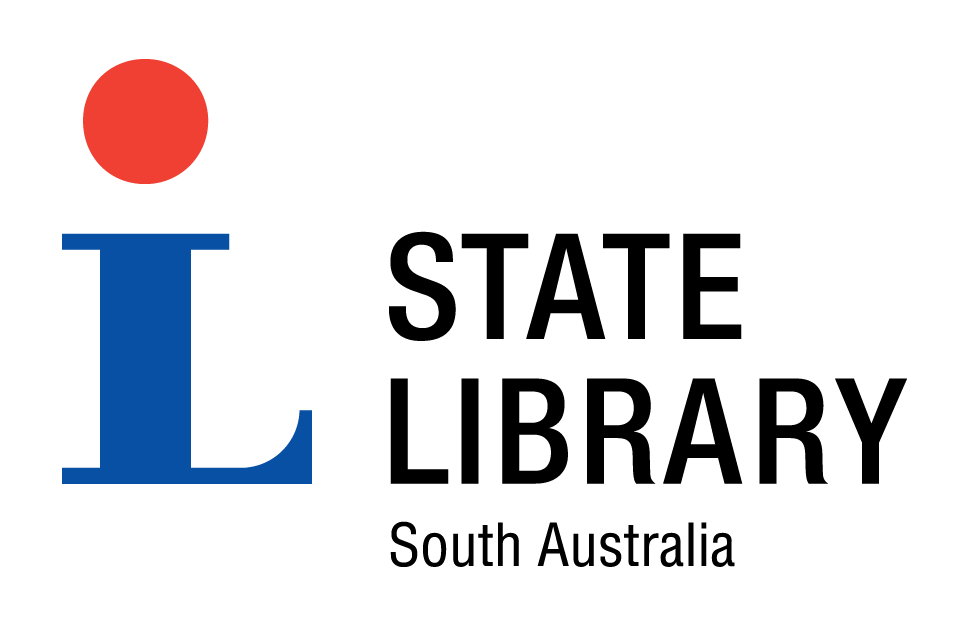
Aboriginal Rights Page 2
''to be subjected to complete alienation from our children is to say the least an unequalled act of injustice, and no parent worthy of the name would either yield to or urge such a measure…''
Matthew Kropinyeri, 1913
- Early European Impact
- The Stolen Generations
- The Aboriginal Response
- David Unaipon
- After World War II
- The 1967 Referendum
- The Aboriginal Flag
- Aboriginal Deaths in Custody
- First International Indigenous Women's Conference
- Eddie Mabo
- Hindmarsh Island [Kumarangk] Bridge
- Your house is not our house
- Future Directions
Stolen generations
In 1844 the Legislative Council passed 'An ordinance to provide for the protection, maintenance and up-bringing of orphans and other destitute children of the Aborigines.' This was the first legislation to provide for the removal of Aboriginal children from their parents, placing them in legally enforceable apprenticeships until they turned 21.
By 1860 recognition of the decline of the Aboriginal population prompted the Legislative Council to appoint a Select Committee to report "on the present condition of the Natives, and to suggest means by which that condition may be ameliorated." The report importantly stated, "the whole question of civilized nations in taking possession of territory previously occupied by nomadic and uncivilized tribes, who, despite any questions of law or expediency, had an equitable title to the lands they occupied, and of which they are virtually dispossessed ... All the evidence goes to prove that they have lost much, and gained little or nothing, by their contact with Europeans." (pg 1). In giving evidence the Lord Bishop of Adelaide foreshadowed a theory that would be often suggested and influence governments for the next 80 years, "I would rather they died as Christians than drag out a miserable existence as heathens. I believe that the race will disappear anyway." [pg 7]
In 1911 the government replaced the 1844 Ordinance with the Aborigines Act. This was a considerably larger document addressing among other matters, the administration of the Aborigines Department, the treatment of Aborigines in hospital, the maintenance of half-caste children, Female Aboriginals in male attire, and the removal of Aboriginals. This act was amended in 1923 by the 'Aborigines (Training of Children) Act', allowing for the Chief Protector of Aboriginals to "commit any aboriginal child to any institution within the meaning of the State Children Act, 1895 ... to be there detained or otherwise dealt with under the said Act until such child attains the age of eighteen years." [sect. 6.1]
In 1913 the Royal Commission on Aborigines had recommended that "the work of saving destitute aboriginal children and placing them under the care of State foster mothers ... be encouraged and extended, and that the board have power to take control of children at the age of 10 years and place them where the board deems best in the interests of the children." [xvii]
Then Herbert Basedow, writing The Australian Aboriginal in 1924 wrote "Unless we realize the obligations which rest on our shoulders ... they will continue to vanish and soon be classed as an extinct race" [XIV], and then as late as 1938 Arthur Mee writing the Introduction to Daisy Bates, 'The passing of the Aborigines' wrote, "Their race is bound to disappear ... it has been her idea that their lives should be controlled and cared for with that fact in view." [XV]
Despite this mix of stolen land, forced assimilation, removal of children, and anticipated extinction, South Australian Aborigines survived more than 130 years of European occupation.
On 2 May 1995 Michael Lavarch, Attorney-General of Australia, requested the Human Rights and Equal Opportunity Commission to inquire into and report on:
(a) trace the past laws, practices and policies which resulted in the separation of Aboriginal and Torres Strait Islander children from their families by compulsion, duress or undue influence, and the effects of those laws, practices and policies;
(b) examine the adequacy of and the need for any changes in current laws, practices and policies relating to services and procedures currently available to those Aboriginal and Torres Strait Islander peoples who were affected by the separation under compulsion, duress or undue influence of Aboriginal and Torres Strait Islander children from their families, including but not limited to current laws, practices and policies relating to access to individual and family records and to other forms of assistance towards locating and reunifying families;
(c) examine the principles relevant to determining the justification for compensation for persons or communities affected by such separations;
(d) examine current laws, practices and policies with respect to the placement and care of Aboriginal and Torres Strait Islander children and advise on any changes required taking into account the principle of self-determination by Aboriginal and Torres Strait Islander peoples.
The Attorney General asked the Commission to consult widely among the Australian community, in particular with Aboriginal and Torres Strait Islander communities.
Following the release of the Bringing them Home report in April 1997, the South Australian Parliament on 28 May 1997 was among the first to express its deep and sincere regret to the Stolen Generations for the impact of past government policies on Aboriginal and Torres Strait Islander communities, and on our State and nation.
Almost eleven years later, on 13 February 2008, the Hon. Kevin Rudd, Prime Minister of Australia, delivered an apology on behalf of the nation to the Stolen Generations for the 'profound grief, suffering and loss" they had experienced. Many thousands of people gathered at Elder Park in Adelaide to watch the apology on a large outdoor television. Later the same day the Hon. Mike Rann, Premier of South Australia addressed the South Australian Parliament, "across the nation, I'm sure there are millions of people who - like me - were proud to be Australian this morning when, at last, we were united as a people in acknowledging the injustices of the past as we move forward towards reconciliation ... there is much, much more to be done, and we welcome the pledge of a new era of cooperation from the Prime Minister - cooperation with the States, with the Opposition and - most importantly - an equal partnership with indigenous Australians based on trust. Today's apology can now allow that to happen with a cleaner slate and a new resolve. We owe it to the children".
Links
Apology to Australia's Indigenous peoples
After the Apology Patrick Dodson National Press Club address
'SA Parliament reaffirms 'sorry''
Bringing them home - the Report Reconciliation and Social Justice Library, Human Rights and Equal Opportunity Commission
Bringing them home Resource for teachers Australian Human Rights Commission
Bringing them home names index National Archives of Australia Fact Sheet 175
Stolen Generations State Library of South Australia fact sheet
Items 13 - 24 of 29














